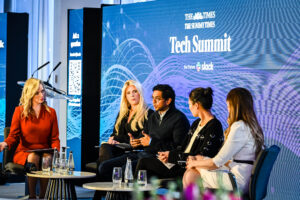What is the truth about modern youth, and how can communicators appropriately reach young people today?
To find out, News UK’s Agency Development and Commercial Insight teams worked with media agency OMD UK and research agency Family Kids & Youth to better understand the pressures, aspirations, behaviours and interests that define the UK’s youth audience.
Results of our research project paint a picture of an under-pressure generation - one with a multitude of concerns, but one which is demanding trust, truth and visibility.
A world of worry
The initiative, called The Truth About Youth, included several surveys of up to 1,000 people aged 11 to 21, plus focus groups and interviews, carried out during late 2022. It forms part of OMD UK’s The Real Britain series of research projects.
The work reveals a generation impacted by societal pressure. In both their online and offline lives, the only constant now is change. Pessimism is rising - only a minority feel the world is becoming a better place.
-
Work is a worry - 46% of 11- to 21-year-olds are concerned about the impact of COVID-19 on their learning, with 64% worried about their future job prospects.
-
Financial anxiety amongst 11- to 21-year-olds has increased 14% year-on-year, with worries over affording essential items, moving out of home and further education.
-
There is a thirst for financial education - 35% of youths wish their parents talked to them more about money and finances, and 72% want to learn about money management in school.
-
Almost half (48%) of 11- to 21-year-olds worry about their mental health.
-
Socialising is changing - 51% of 11- to 18-year-olds spend most of their spare time in their bedrooms, and only 13% see friends in person (In Real Life, “IRL”) in their free time.
-
Gaming can provide an escape - amongst 11- to 18-year olds, gaming is up 37% since the pandemic started. Eighty-seven percent play games at least once a week.
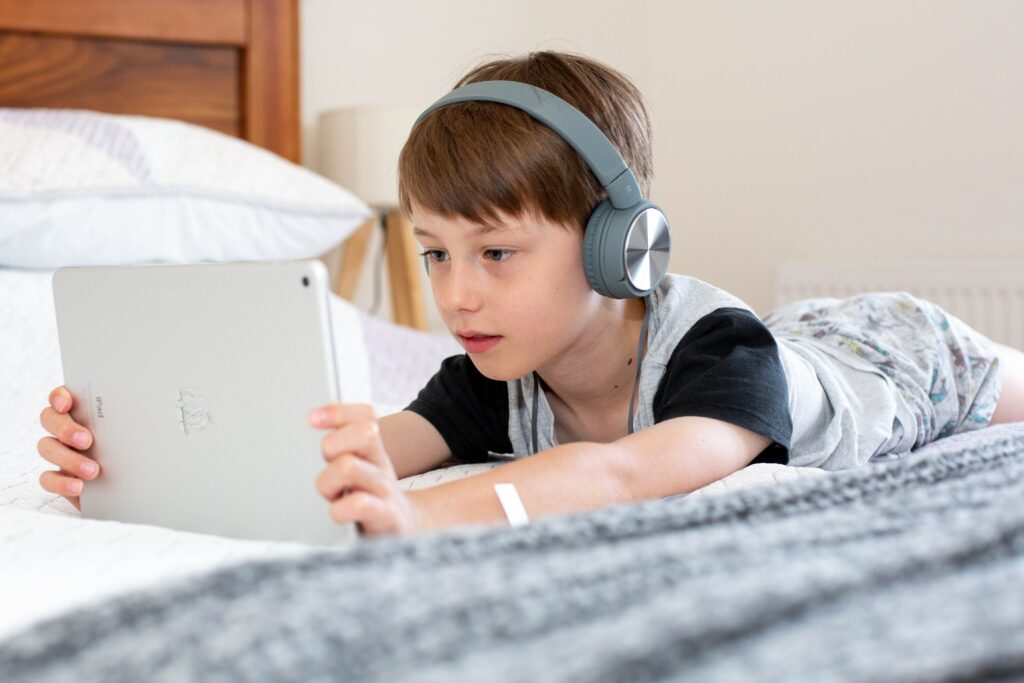
Being seen and heard
Despite the challenges they face, the UK’s youth are a generation that care passionately about the world around them.
Thanks to communication technology, it is a world to which they are more connected to than any previous generation, and this generation is highly invested in caring about it, even optimistic about changing the world.
-
Engaged citizens, 50% of survey respondents are interested in UK and global news.
-
Climate-conscious, 40% are interested in the environment - that is more than interested in celebrities (39%).
-
Sixty percent want to have a voice in addressing societal issues, such as climate change, equality and human rights. In fact, 71% are interested in brands that support charities.
-
They are opinionated, increasingly keen to see themselves reflected in the spaces they occupy, be this in media or as spokespeople in the public eye.
This yearning to connect with the world manifests in young people’s information consumption. Today’s younger people do not want to accept information at face value. Despite the increasing popularity of social media, a minority say they trust social media news to be truthful.
Rather, four in five young people actively check the validity of news they see in social media. Around a third of them check if the story has appeared elsewhere, with sources including an organisation they may have heard of. TV, radio and newspapers are by far more trusted than social media.
Acting on insight
The Truth About Youth is now out in the wild, and we can’t wait to see how organisations respond.
OMD UK launched the research at an event for its roster of brand clients, including major names like Barclays, British Gas, Channel 4, Lidl, NSPCC and Compare The Market.
Emma Pipe, Commercial Head of Insight, News UK, helped present the research. The Times columnist Rachel Sylvester joined a panel discussion to share her perspective as the chair of The Times Education Commission.
News UK’s Agency Development Team also held an exclusive thought leadership lunch for senior media planners and strategists from across Omnicom Media Group agencies.
In addition to sharing and discussing the key findings from the research, the lunch saw Dr. Barbie Clarke, a renowned spokesperson on family research, sharing her knowledge and insight around key trends affecting our youth.
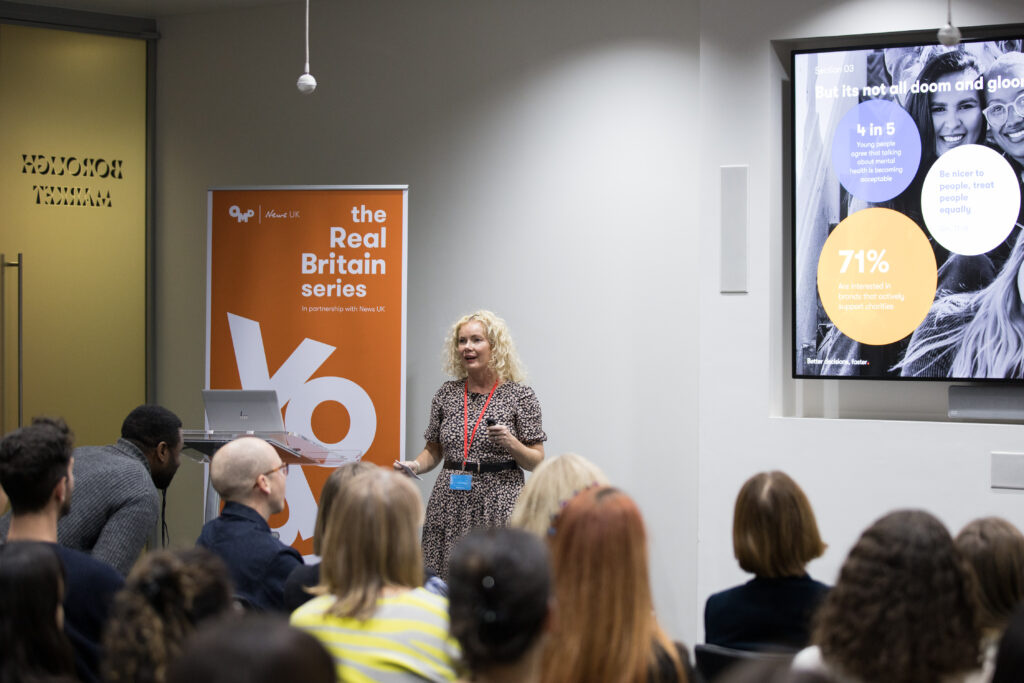
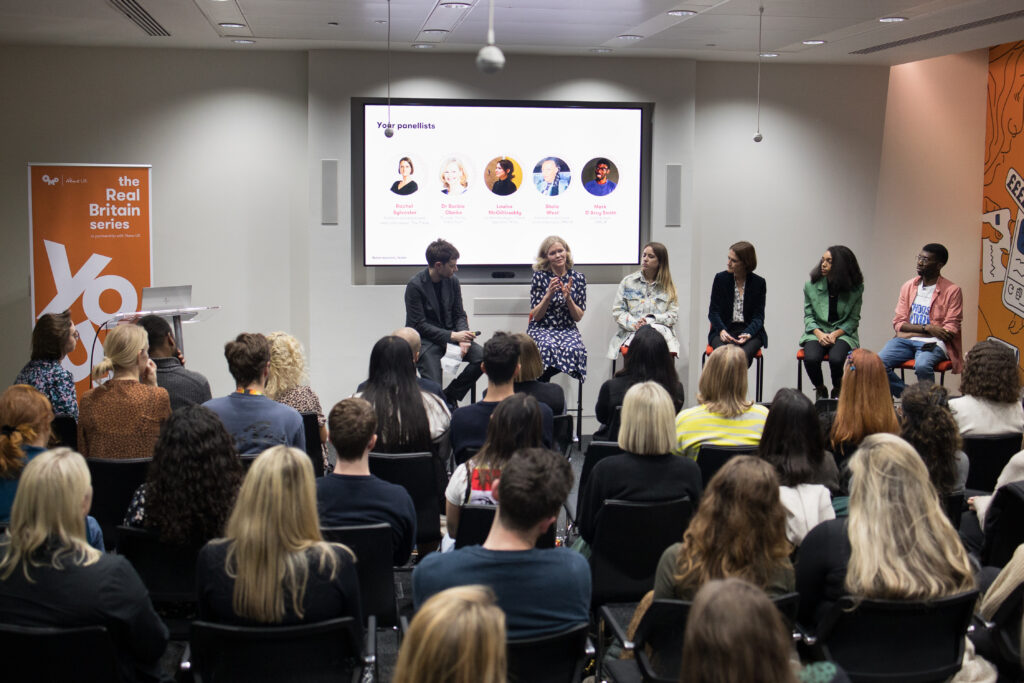
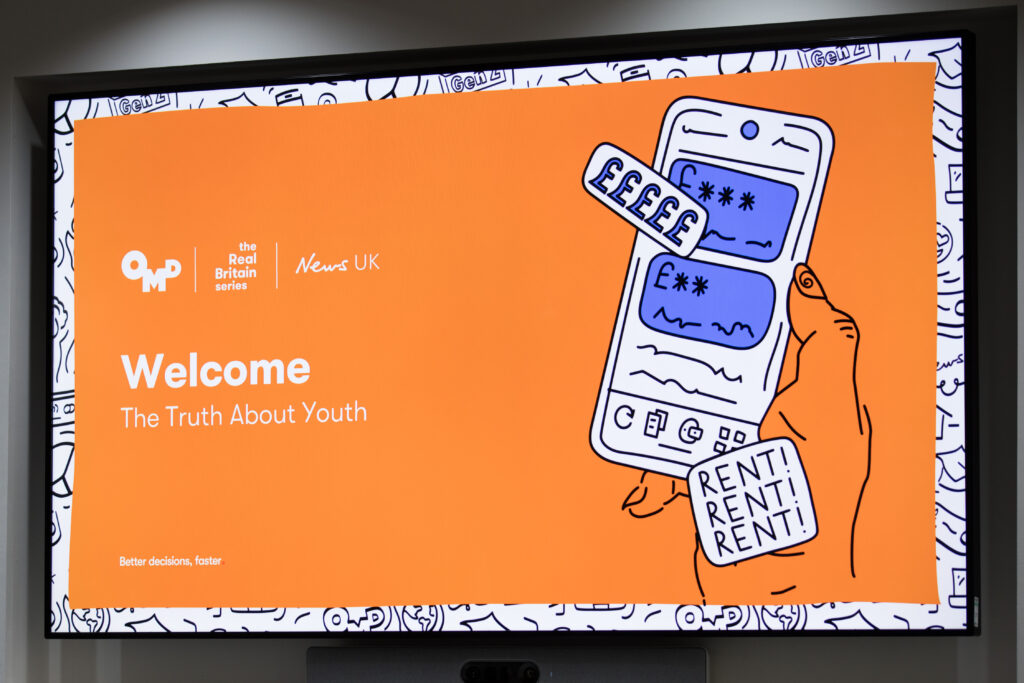
Methodology
Young people
-
Six online focus groups - 32 young people aged 11 to 21.
-
Ethnography - 32 young people aged 11 to 21.
-
Family Kids & Youth Wellbeing survey: 1,000 young people, money-specific questions.
-
Survey: 1,000 young people, nationally representative.
Parents
-
News UK Reader Panel - 467 Sun and Times readers (parents of young people aged 11 to 21).
-
Nationally Representative Survey - 1,500 parents
Expert opinions
-
Literature review - Trend resources, Proprietary & industry tools.
-
8 expert Interviews - Education Development, Child counselling, Child’s media and advertising, Online child safety, Play expert, SEND expert.



 News UK
News UK 


